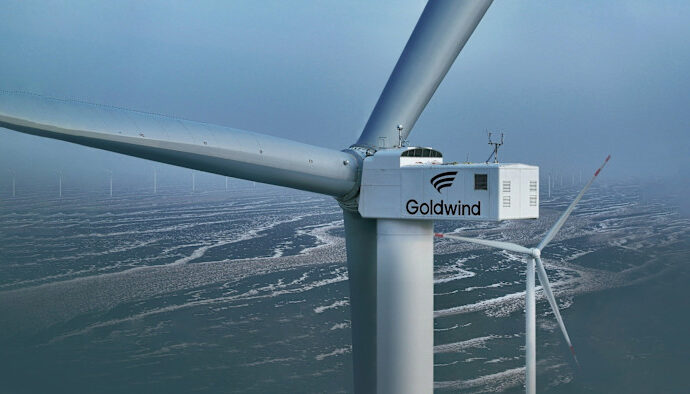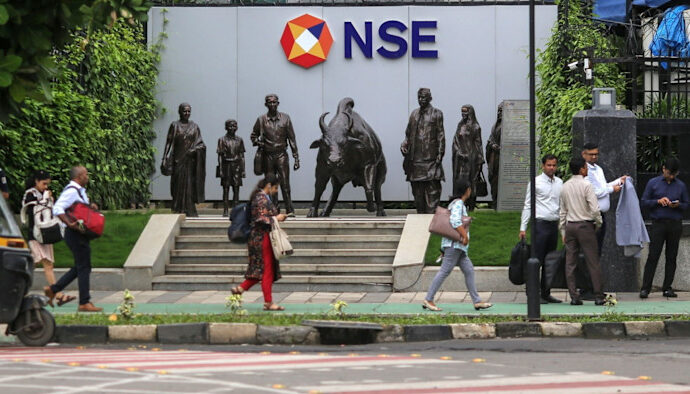Unlock the Editor’s Digest for free
Roula Khalaf, Editor of the FT, selects her favourite stories in this weekly newsletter.
Chinese billionaire Li Zhenguo has stepped back from the day-to-day management of Longi, the solar giant he founded 25 years ago, highlighting turmoil in the industry as falling profits and factory overcapacity undermine years of rapid growth.
The 57-year-old has been replaced as general manager by group chair and top lieutenant Zhong Baoshen, according to a stock exchange filing on Monday.
Longi said Li would focus on research and development and other technology efforts. The position of controlling shareholder and “actual controller” — both held by Li — remain unchanged.
The company’s Shenzhen-listed shares were down more than 3 per cent in afternoon trading on Tuesday and are now around 80 per cent below their peak of late 2021.
Longi is among a clutch of large Chinese solar groups — including Jinko Solar, JA Solar, Trina Solar, Tongwei and TCL Zhonghuan — to have reported back-to-back quarterly losses.
Research group Morningstar last week forecast that earnings for the six would fall for the rest of this year and slashed its revenue and margin expectations through to 2028.
“The current industry capacity across polysilicon, wafer, cell, and module production is more than double the projected 2025 demand,” said Cheng Wang, a Morningstar analyst. He also warned overcapacity would persist for three years, on expectations for slow demand growth.
China accounted for more than half the 417 gigawatts of new solar installed globally last year, according to data from Wood Mackenzie, a consultancy.
The pace of installations in China has beaten international expectations and Beijing’s own targets, stoking some optimism in the fight against climate change. But the latest solar boom has also led to massive market disruptions, with about three-quarters of global solar factory capacity now in China.
An explosion in Chinese solar manufacturing capacity in 2022 and 2023 — from about 198GW to over 1 terawatt in two years — has led to steep price reductions and fuelled a surge in Chinese solar module exports and allegations of dumping.
Among solar industry insiders in China, Li had faced some criticism for several of Longi’s technology choices in recent years. They include years of research and development focused on so-called back-contact (BC) cell architecture, which aims to achieve potentially higher efficiency by relocating electrical contacts to the cell’s rear, as well as on large-scale green hydrogen — a clean fuel produced through electrolysis using renewable sources such as solar.
In a recent interview with China’s Caijing Magazine, Li defended his pursuit of BC, saying the company had spent about eight years overcoming the technical complexities and high costs that had deterred adoption. Longi’s second-generation BC products outperformed the tunnel oxide passivated contact technology favoured by some rivals, he said.
“The physics principle is straightforward: front-side grid lines obstruct sunlight . . . we project BC cells will capture over 30 per cent market share by 2028 and exceed 50 per cent by 2030,” Li said.
As of last October, Li and his wife Xiyan were worth about $3.7bn, ranking 179th of the richest people in China, according to the Hurun Research Institute, a group tracking wealth in the country.
Longi told the Financial Times that Li would still “be involved” in the company’s operations and the resignation was due to “personal work arrangements”.
It is unusual, though, for a market downturn in a notoriously cyclical industry to result in the departure of a company’s founder in China. According to a separate statement on Monday, Li’s daughter, Li Shuxuan, is expected to become a director when the company holds its annual meeting in late June.
Additional reporting by Gloria Li in Hong Kong


